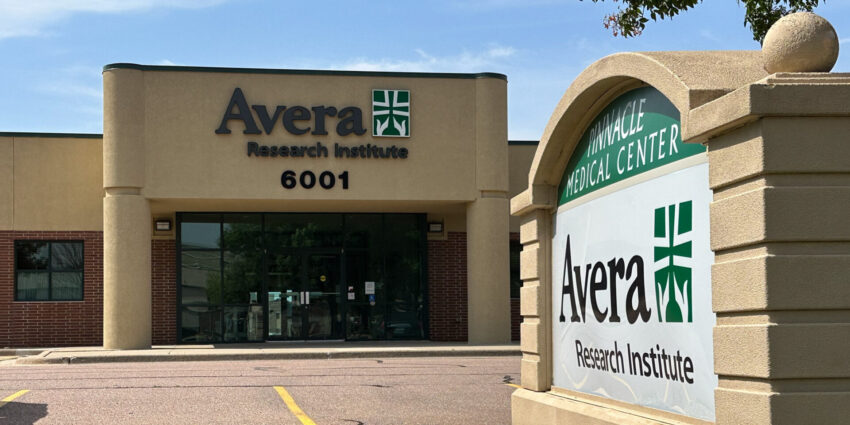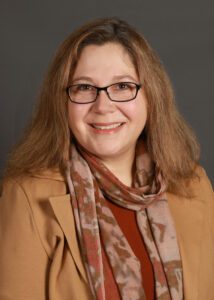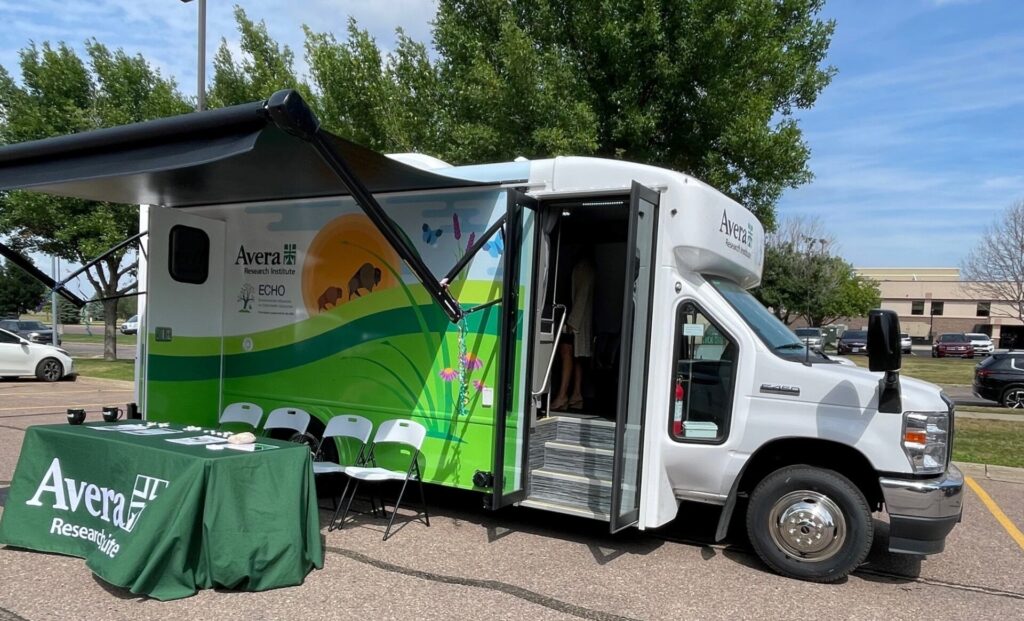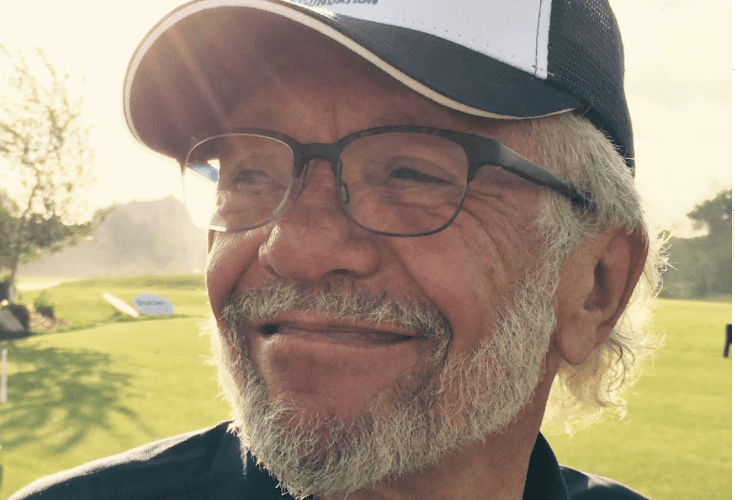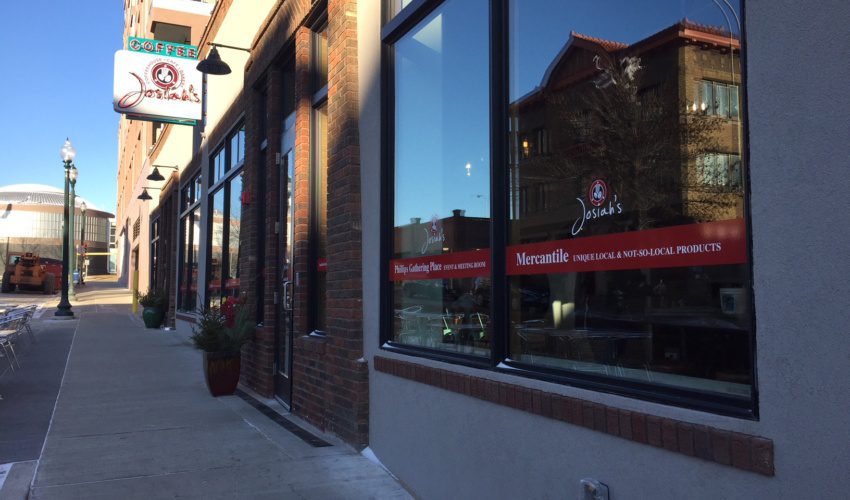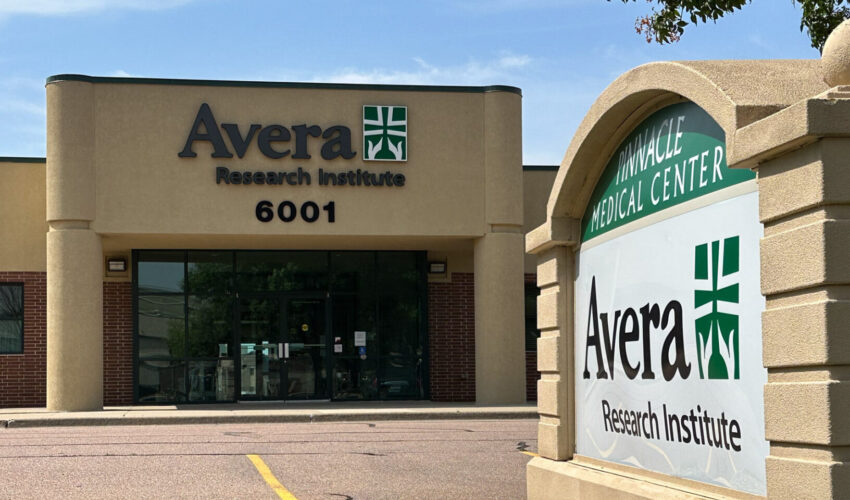Avera Research Institute lands $58M in grant funding
Sept. 5, 2023
More than $58 million in new federal grant funding will support the work of Avera Research Institute over the next seven years.
The funding, which will expand Avera’s community research program, is the largest grant Avera has received, said Amy Elliott, chief clinical research officer at Avera Research Institute, a department of Avera McKennan Hospital & University Health Center.
“Our goal is simple: improving health for mothers and their children. The complex part is reaching all of our different populations as we never want anyone’s ZIP code to determine their maternal or pediatric health,” Elliott said in a statement. “Significant funding for these initiatives allows us to build upon our extensive research that’s underway and will affect real change for the populations we serve.”
The largest grant provides a continuation of the Environmental Influences on Child Health Outcomes, or ECHO, grant, and the second award will create the Maternal American Indian Rural Community Health Research, or MARCH, Center of Excellence – one of 10 Centers of Excellence funded nationwide.
Research conducted by Elliott’s team is not the typical laboratory-based research or clinical trials that most often are associated with health care research.
“We take research to the people with interventions to improve lives as we go along,” Elliott said. “Our mantra is bringing cutting-edge research to the prairie.”
For example, through ECHO, Elliott’s team has enrolled 3,500 children, who are now age 5 to 14 and are followed through childhood, looking at outcomes such as neurodevelopment with a particular focus on autism, airways and asthma, childhood obesity, positive health — healthy habits like getting enough sleep — and delivery outcomes.
“We gather lots of data that will impact children of the future. But we also engage with these families to encourage a healthier future for them,” Elliott said.
The program has offices in Sioux Falls, Rapid City and Pine Ridge.
In addition to these offices, the group uses a mobile research unit that houses two clinic rooms.
“We can do physical exams, developmental assessments and collect blood samples without patients having to come to us,” Elliott said.
The van can be set up at health fairs, and the team brings along child-sized white research coats that kids can wear. “It’s been fun to watch the kids be interested. We help promote that when you’re participating in a research study, you’re doing science, and you’re helping others,” Elliott said. “It all has to do with engagement and helping to influence the better health of generations of kids.”
The program is unique, she said.
“A lot of health systems have a research and innovation arm that does industry clinical trials, especially in the oncology space. Avera has a wonderful team that does this work. This is a way to give patients access to cutting-edge drugs,” Elliott said.
What’s not as common is having infrastructure that includes investigator-initiated studies, working within a community-based system and involvement in community networks, Elliott added. This environmental piece is how researchers look into whether it’s nature or nurture that causes diseases and outcomes.
Since late 2017, when Elliott’s team joined Avera, they have grown from 16 full-time-equivalent employees to 80. That growth is all supported by grant awards.
“We’re quite large in terms of a research institute for these types of awards. It’s uncommon for a health system to receive these large federal grant awards; it’s much more common for a university or research center,” Elliott said. “But we’re set up for this type of research and conduct it successfully, providing insight on the diverse populations of South Dakota, including American Indians.”
Avera Research Institute also does other noncancer research and was involved in several COVID studies, including one that’s ongoing to study long COVID in kids and young adults.
The new $47 million grant over seven years for ECHO Cycle 2 is a continuation of previous ECHO work. ECHO is a large national research network launched and supported by the National Institutes of Health. ECHO focuses on how early environmental influences affect child outcomes. The first two years of $12.5 million have been awarded with the next five years to be contingent on meeting milestones as the grant progresses.
In 2016, Elliott’s research group was one of 35 nationwide cohorts chosen to participate in ECHO. The goal of this study was to improve child and adolescent health by looking at how a broad range of environmental influences such as sleep, nutrition, allergens and social relationships affect children both prenatally and after birth.
“With over 3,500 enrollees, we are one of the largest ECHO research cohorts in the nation,” Elliott said. In ECHO Cycle 2, Christine Hockett, director of community research, will join Elliott in leading the program.
ECHO builds upon research completed during the Safe PASSage study, a project that investigated the association between prenatal alcohol and nicotine exposures, SIDS and stillbirth. PASS participants in Sioux Falls and Rapid City were later eligible for ECHO.
“The PASS Network laid the foundation for our success in ECHO Cycle 1 due to the dedication and support of our participants and community partners,” Elliott said. “Our PASS children currently range from 5 to 14 years of age.”
Aims of ECHO Cycle 2 include examining how early life exposures impact children’s health, specifically childhood obesity and neurodevelopment. Such factors include physical effects of stress and life events during pregnancy, lifestyle-related exposures and early nutrition.
“At the same time we gather data, our team loves the opportunity to work with more than 3,500 ECHO kids to help improve their health and lives,” Elliott said. “The hope is that this work will lead to a healthier future for each child.”
The second new grant is $11 million over seven years awarded by the National Institutes of Health. Avera is one of 10 research centers nationwide to receive $24 million in first-year funding to establish Maternal Health Research Centers of Excellence. The grants are expected to provide a total of $168 million for all 10 centers nationwide.
The goal of the centers is to develop and evaluate innovative approaches to reduce pregnancy-related complications and deaths, and promote maternal health equity.
Through the grant funding, Avera Research Institute will create the MARCH Center of Excellence. Two cores of the grant are training and community partnership, as well as one large research project led by Arielle Deutsch, a research scientist.
“Overall, our center is looking into how to reduce maternal mortality and severe health conditions as well as improving accessibility of care,” Elliott said.
“Avera has many exciting initiatives in women’s health, including the HRSA-funded RMOMS program. MARCH will work to integrate service programs, women’s caregivers and research studies to foster great synergies to promote change,” Elliott said.
The Rural Maternity and Obstetrics Management Strategies Program, or RMOMS, grant, which was awarded by the federal Health Resources and Services Administration, provides $1 million per year over four years to help increase access to obstetrics services and improve outcomes such as pre-term labor, low birthweight, infant mortality and more in South Dakota.
As part of the MARCH Center of Excellence, a transformation board will include health care decision-makers, state policymakers and stakeholders from national organizations who will consider how to take research findings and bring about change, both in health care practices and government policies. The focus will be on American Indian and rural populations, which have stark health disparities in the region, Elliott said.
“We seek to find new ways to improve access to care, to better understand the barriers that exist and move forward to bring about meaningful change,” she said.
“Receiving this funding is a moment to celebrate for our team. But what’s important is what we actually do with it, turning it into real action and real change. The real moment to celebrate is when the positive outcomes and results start to roll in.”

